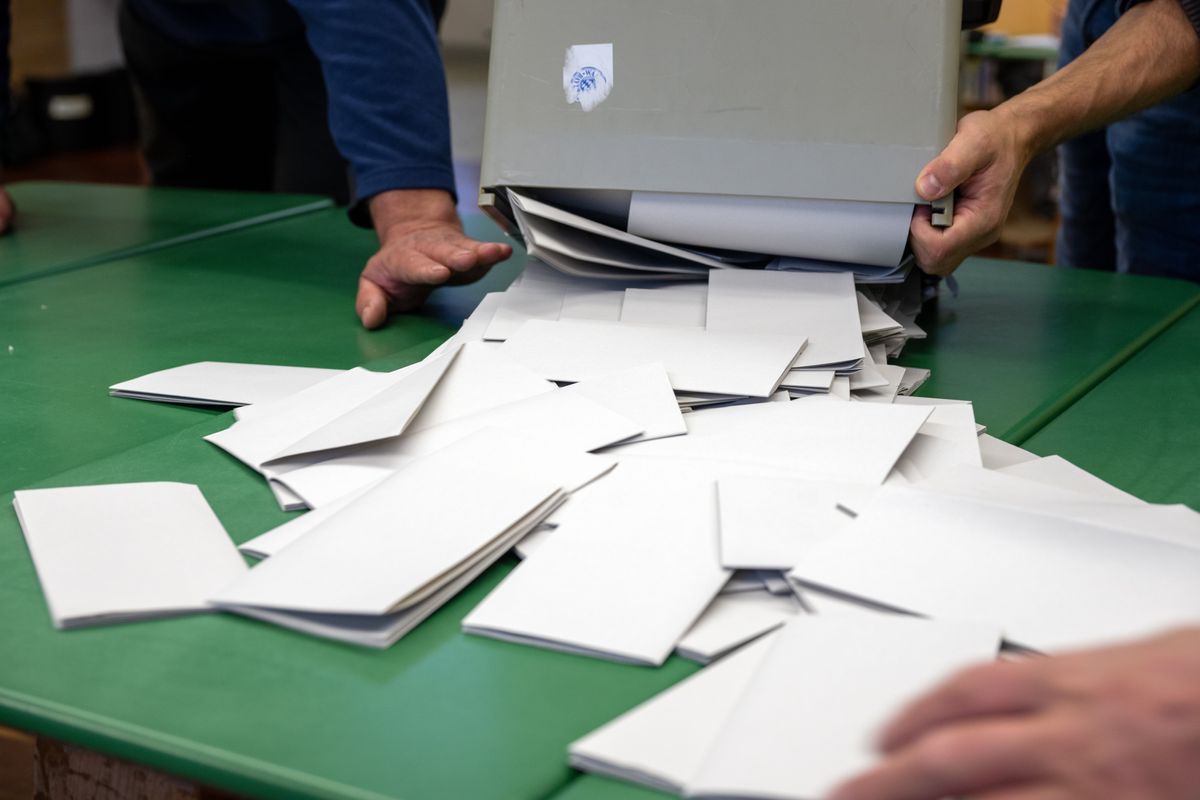The first took place on Sunday in Germany. In the states of Bavaria and Hesse, voters continued a trend we’ve seen in recent years in France, Italy, and several other European countries of abandoning traditional mainstream parties of both the left and right in a shift toward new names and faces.
Inflation, a stagnant economy, and rising anxiety over migration into the country are making life tougher on incumbents. The center-left parties that now govern Germany in coalition performed poorly, but the conservative Christian Social Union, which has governed Bavaria since the 1950s, also floundered, taking its lowest vote share in the southern state (37%) in more than half a century.
Public support in Germany is now moving toward populists. In particular, the populist Free Voters weathered an antisemitism scandal involving its leader to take more than 15% of the vote in Bavaria. The far-right Alternative for Germany party has seen its approval numbers surge alongside a rising number of foreign migrants entering the country. Its 14.6% vote share in Bavaria and 18.4% in Hesse show that the party, which has built a base of support mainly in Germany’s east, is beginning to post impressive numbers in the west.
The second noteworthy vote is expected to take place later this week inside the US House of Representatives, as the Republican majority tries to elect a new speaker to replace the ousted Kevin McCarthy.
For now, the lead candidates are House Majority Leader Steve Scalise of Louisiana and Judiciary Committee Chair Jim Jordan of Ohio. Broadly speaking, Scalise is considered the more experienced legislator and dealmaker, while Jordan offers himself as an unapologetic partisan firebrand with the endorsement of former President Donald Trump.
It’s not clear that either man can win the 218 votes needed to become speaker this week, raising the possibility that interim speaker Patrick McHenry of North Carolina might be asked to hold down the job for several weeks, with a clearer understanding of his temporary legislative authority and its limits, as Republicans hash out their differences.
At stake is continued funding of the US government, ongoing US support for Ukraine, and a host of other critical issues.
Finally, voters in Liberia will elect a new president on Tuesday against a backdrop of the violent breakdown of democracy in several other West African countries. President George Weah wants a second six-year term, and the fragmentation of opposition support among 19 challengers might help him win in the first round.
The issues Liberian voters care about most are those that most directly impact their lives. Weah, a celebrated former footballer, can point to wider availability of affordable electricity and greater investment in new roads as accomplishments, but rising food prices have twice triggered major protests during his presidency and could again.
In this case, the vote itself will be a major accomplishment for Liberia. Just in the past five years, there have been coups or coup attempts in the West African states of Mali (twice), Niger (twice), Guinea, Gabon (twice), Burkina Faso (three times), and Sierra Leone. By contrast, Liberia has been a democracy at peace since the 2005 election of Ellen Johnson Sirleaf, who won the Nobel Peace Prize in 2011.
Weah’s election in 2017 was the first peaceful transition of power from one democratically elected president to another in Liberia’s history.






